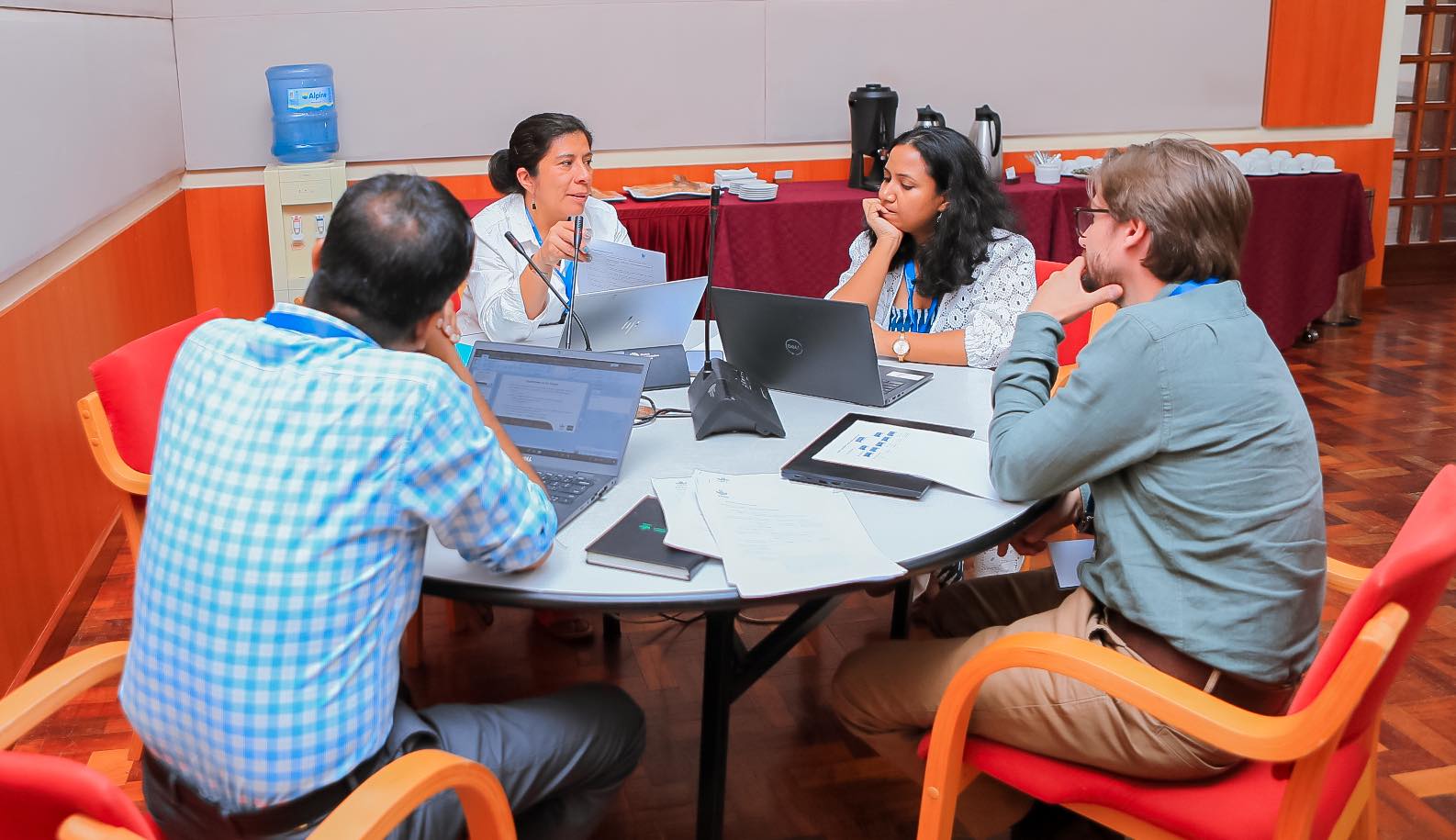In a recent interview with the Global Donor Platform for Rural Development, IFPRI’s Marie Ruel offers highlights from her presentation at last month’s Micronutrient Forum Global Conference in Addis, Ethiopia and speaks candidly with interviewer Pascal Corbé about the current state of research and knowledge around food-based approaches to improving nutrition in the developing world.
The first step any country should take to improve the micronutrient status of its population, according to Ruel, is to “work on the food system” — to ensure that it produces the right quantity and quality of foods to allow all people adequate access to micronutrient-rich foods. There is great potential for value chains to improve nutrition, she said, but we need evidence on how to best make this connection, and if this is the most efficient way to improve nutrition among the poor.
Ruel also emphasizes the importance of improving women’s empowerment—including women’s health, social status, decisionmaking power, and autonomy— as a “critical pathway” to reducing maternal and child undernutrition.
And to counter the powerful marketing of unhealthy foods that can quickly lead uninformed people from undernutrition to obesity, countries need support for consumer awareness programs, protective legislation, and effective communications geared toward positively changing behaviors.
See the whole interview, highlights, and a full transcript on the Global Donor Platform for Rural Development website
See a related article on the Rural 21 website.







